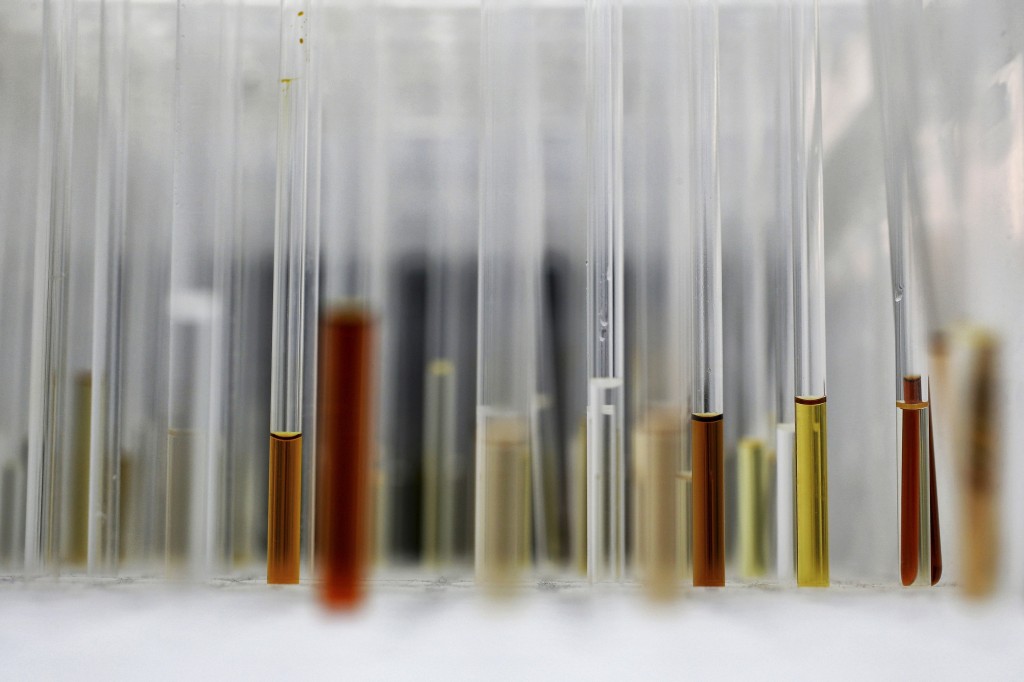New York – Workers exposed to chemicals like deodorizers, sanitizers, disinfectants and sterilizers on the job may be more likely than other people to develop thyroid cancer, a recent study suggests.
The study found that occupational exposure to these chemicals, known as biocides, was associated with a 65 percent higher risk of thyroid cancer. For people whose jobs might have led to the most cumulative exposure to biocides over time, the odds of thyroid cancer was more than doubled.
The study also looked at pesticides, and didn’t find an increased risk of thyroid cancer linked to these agricultural chemicals.
Lead study author Dr. Yawei Zhang, an environmental health researcher at Yale University in New Haven, Connecticut, has said that limited studies have investigated occupational exposure to pesticides in relation to thyroid cancer and have reached inconsistent results.
Zhang added that the study did not support an association between occupational exposure to pesticides and risk of thyroid cancer, but suggested that occupational exposure to other biocides might be associated with an increased risk of thyroid cancer.
Scientists aren’t sure what is exactly behind thyroid cancer, though the odds of these malignancies are higher with certain genetic disorders and with exposure to high amounts of radiation, especially during childhood.
Women are much more likely to get thyroid tumors than men, and this type of cancer is more common in white people than in other racial or ethnic groups. For the current study, researchers compared data on 462 adults with thyroid cancer in 2010 and 2011 to 498 people who didn’t get these tumors but who were otherwise similar and around the same age.
Researchers asked study participants to report all jobs held for at least one year during their lifetimes and to provide detailed information on their job title, duties, company name, type of industry, and dates of employment. Rresearchers then calculated potential exposure to biocides and pesticides – based on a state database of occupational contact with specific chemicals and pollutants.
Biocides in the study were typically used in medicine or cleaning. Women with any occupational exposure to biocides were 48% more likely to develop thyroid cancer, while men had more than tripled odds, the study found. Although the underlying mechanisms linking biocides to thyroid cancer are unclear, it’s possible that these chemicals alter thyroid hormones, researchers note.
People should take caution when they apply pesticides or other biocides in work place or at home by wearing protective clothes or mask and washing hands afterwards, Zhang said.
